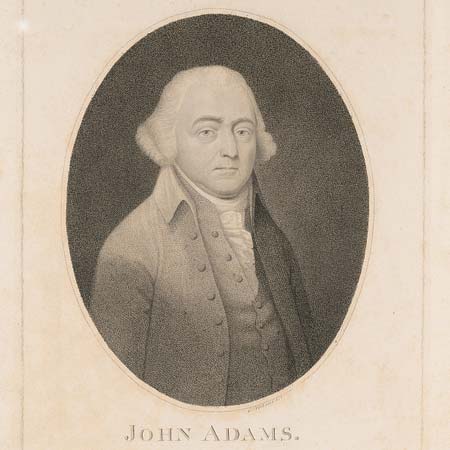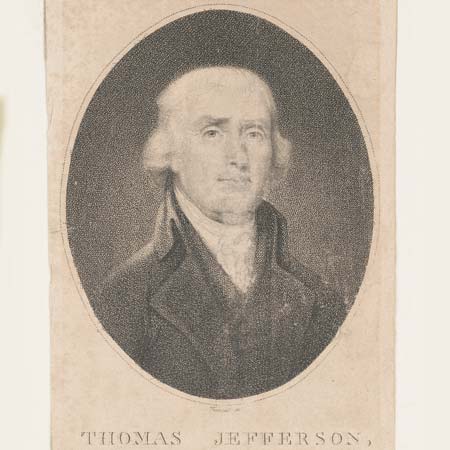US President AI Prompts: In-Depth Candidate Profiles
Explore the leading contenders from major parties and dive into detailed profiles of a specific presidential candidate. Discover their background, net worth, stance on key issues, and more. Stay informed as election season unfolds with these AI prompts.
Prompt
Who are the leading candidates from the Republican, Democratic, Independent, and third-party groups for the 2024 Presidential election in the US?
Prompt
Please help me gather comprehensive information about [CANDIDATE]. The information should be presented in a detailed bullet point list, covering the candidate’s age, party affiliation, employment background, estimated net worth in US dollars, their stance (pros and cons) and proposed policies on the top 20 current key issues (such as guns, immigration, domestic policy & economic growth, foreign policy, taxation, the national debt, education, civil rights, health care, and terrorism), campaign URL, and social media presence across major platforms (X, Facebook, Instagram, TikTok, etc.). [CANDIDATE] = Donald Trump
#Prompts #President #Elections
Image: White House, Washington. c1906. Stereograph showing the White House, garden of hyacinths in Lafayette Park in foreground. [link]
Remember, it’s important to cross-reference information from multiple sources to ensure accuracy. These early stage AI's can generate biased or incomplete responses. Have fun! 😃

- John Adams




